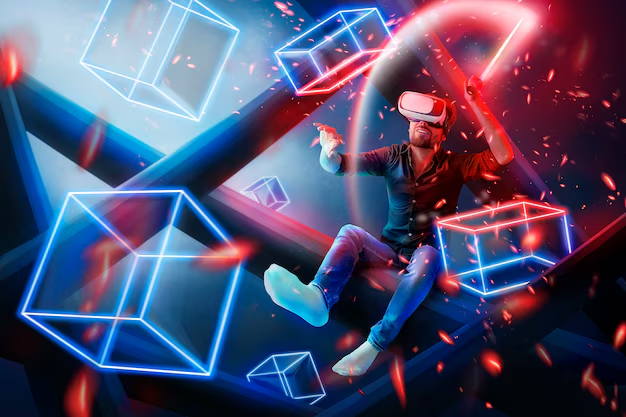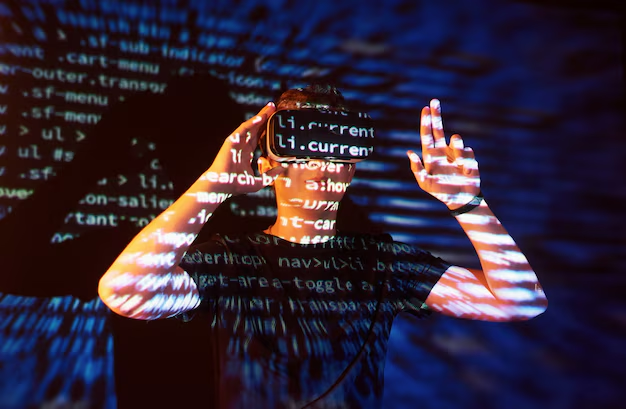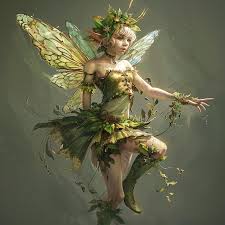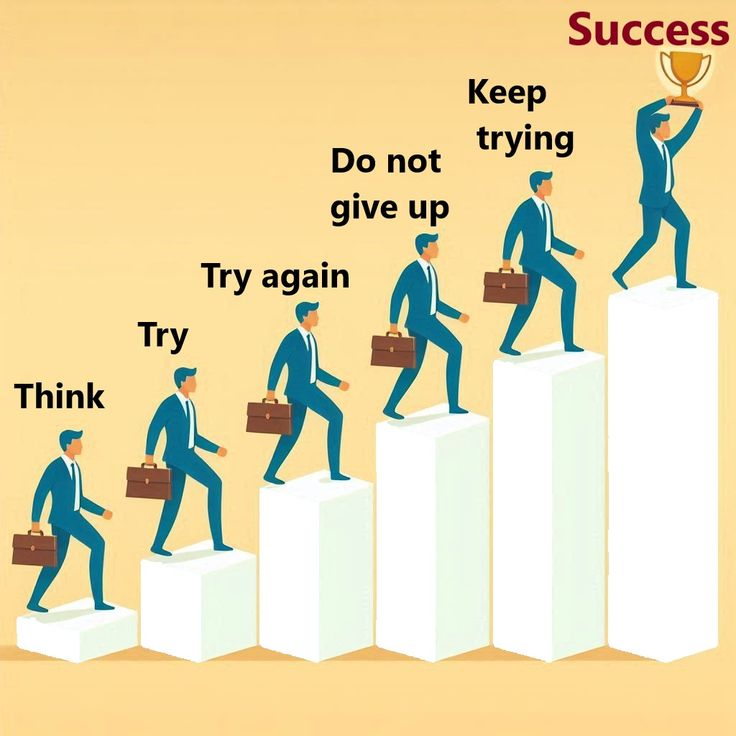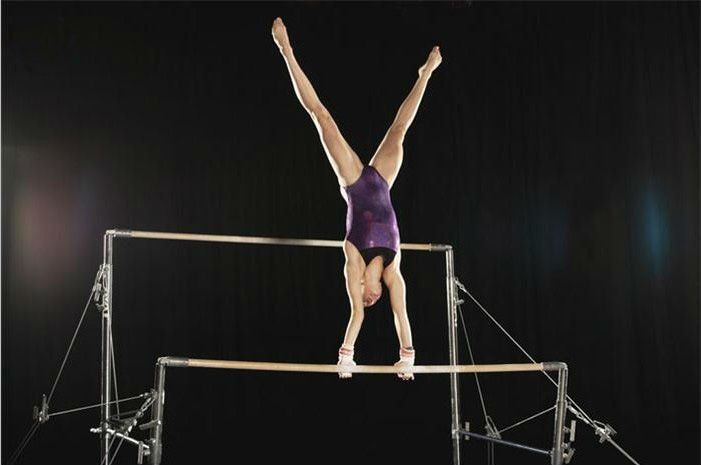
Caricatronchi: When Caricature Meets Fragmented Imagination
In the ever-evolving world of digital art and visual expression, new styles emerge that challenge norms, provoke curiosity, and expand what we think art can be. One such burgeoning style is Caricatronchi. At once playful, surreal, and deeply symbolic, Caricatronchi fuses exaggeration, distortion, and fragmentation to explore identity, emotion, and the digital self.
In this article, we’ll dive into:
- What exactly Caricatronchi is
- Its aesthetic features and techniques
- How it diverges from traditional caricature
- Its cultural and psychological implications
- Tools and workflows for creating Caricatronchi
- Use cases, trends, and future possibilities
- Tips for artists (and fans) wanting to explore this style
What Is Caricatronchi?
The word Caricatronchi appears to be a neologism, blending “caricature” with “tronchi” (or the idea of fragments, chunks, or torsos) to convey an art form centered on exaggerated, fragmented, and visually playful portraits. Cordless.io+2ez-street2.net+2
In practice, a Caricatronchi work usually exaggerates facial features or bodily parts, but not merely for humor or satire. Instead, the style often introduces fragmentation: broken anatomy, disjointed limbs, overlapping parts, or surreal compositional disruptions. The result is a portrait or figure that is recognizable yet distorted—funny, uncanny, expressive.
Some key definitions/ideas:
- Caricatronchi is not just caricature + distortion; it layers symbolic meaning into the breakage and fragmentation. Cordless.io+2ez-street2.net+2
- The fragments (tronchi) may hint at inner emotional states, multiple selves, or the disconnection between physical appearance and internal identity. Cordless.io+2Moranalytics+2
- It is a contemporary art style that thrives especially in digital media, where compositing, layering, glitch effects, and visual manipulation are more feasible. ez-street2.net+2Cordless.io+2
Because Caricatronchi is relatively new and experimental, there is not (yet) a rigid canon or set of rules. Instead, the style is emergent and flexible, open to interpretation.
Aesthetic Features & Visual Language
To understand what makes Caricatronchi distinct, let’s break down its recurring visual traits:
1. Exaggeration
As with caricature, certain features are often magnified: eyes, mouth, nose, limbs, or hands. But in Caricatronchi, exaggeration is not just for comedic effect—it may have symbolic or emotional weight (e.g. “oversized eyes” as a marker of scrutiny). Cordless.io+2ez-street2.net+2
2. Fragmentation & Disjunction
Unlike traditional caricature, Caricatronchi often introduces gaps, overlaps, or breaks in anatomy—heads that are detached, torsos broken into panels, limbs floating. These visual “disruptions” can represent identity fractures, emotional separation, or the blend of multiple selves. Moranalytics+3Cordless.io+3ez-street2.net+3
3. Bold Colors & Flat or Surreal Shading
Many Caricatronchi works adopt saturated, vivid color palettes, sometimes with minimal shading or stylized gradient. The flat planes of color contrast with the chaotic forms, giving a graphic, pop-art feel. Travl The Westway+2ez-street2.net+2
Some pieces may use glitch textures, noise overlays, or digital artifacts to heighten the visual tension. Cordless.io+2ez-street2.net+2
4. Symbolic Elements & Visual Metaphor
Because fragmentation is involved, artists often embed symbolic motifs—objects, shapes, lines—that refer to inner states: pieces of mirror, wires connecting parts, floating eyes, echo silhouettes. The distortions are not arbitrary; they carry narrative or emotional weight. ez-street2.net+3Cordless.io+3RagdollLiving+3
5. Crisp Lines and Contrast
Even though the forms are playful or chaotic, many Caricatronchi works use clean outlines or stark contrasts to delineate elements. This clarity helps the viewer parse form amidst distortion. Travl The Westway+2ez-street2.net+2
6. Digital Effects & Mixed Media
Given its modern context, many Caricatronchi works combine hand-drawn or painted components with digital manipulation—layer masks, clipping, transparency, glitch overlays. Some even venture into 3D modeling or animation. ez-street2.net+1
How It Differs from Traditional Caricature
Traditional caricature has a long lineage, especially in political cartoons, editorial satire, and humorous portraiture. A caricature emphasizes one or two features of a person in exaggeration to produce a comic effect or social critique. StudioBinder+2merriam-webster.com+2
Caricatronchi diverges in several key ways:
| Aspect | Traditional Caricature | Caricatronchi |
|---|---|---|
| Purpose / tone | Humor, satire, social commentary | Emotion, identity, inner states, symbolic expression |
| Degree of distortion | Moderate exaggeration | Radical fragmentation, spatial breakage |
| Anatomy | Generally recognizable, single distortions | Disjointed anatomy, overlapping fragments |
| Medium & technique | Pen, ink, watercolor, print | Digital tools, compositing, glitch effects, mixed media |
| Narrative depth | Often surface-level or topical | Layered symbolism, psychological subtext |
| Use case | Caricatures in magazines, live sketching | Digital avatars, expressive art, branding, NFTs |
In short: caricature exaggerates; Caricatronchi deconstructs and reassembles.
Cultural & Psychological Significance
Why is a style like Caricatronchi emerging now? What does it reflect about our visual age and digital existence?
Identity in a Fragmented World
The digital age encourages multiple identities—profile pictures, avatars, filtered selves. Caricatronchi’s fragmentation mirrors that multiplicity: you are many pieces, some hidden, some overlapping, some distorted.
The Uncanny & Discomfort Through Beauty
By exaggerating and dismembering familiar forms, Caricatronchi produces a tension between recognition and alienation. That tension can evoke strong emotional reactions—beauty tinged with unease—allowing the art to communicate complexity.
Visual Critique of Perfection
In social media, polished perfection is often the norm. Caricatronchi resists that by emphasizing flaws, glitches, breaks, and raw expressiveness. It’s a counterpoint to sanitized aesthetics.
Symbolism of Disruption
The broken or disconnected forms can symbolize a range of ideas: emotional fragmentation, mental states (anxiety, disassociation), the strain of modern life, or the sense of being “under construction.” The surreal distortions become visual metaphors.
Community, Remix & Collective Creation
Because the style is still emergent, Caricatronchi communities often share, remix, and collaborate. Artists respond to one another’s motifs, reinterpret fragments, or debate symbolic meaning—the medium becomes part of the message.
Tools, Techniques & Workflow
For artists interested in making Caricatronchi, here’s a rough roadmap:
Sketch & Ideation
- Study the subject: Take reference photos, observe distinctive traits.
- Thumbnail / rough sketches: Try versions of how you might fragment—e.g. split face, floating parts, overlapping planes.
- Decide on narrative or symbolism: What emotional or conceptual story will the distortions tell?
Line Work & Digital Composition
- Use your preferred program (Photoshop, Procreate, Clip Studio, Illustrator) to trace or redraw clean outlines.
- Layer fragments: Create separate layers for head, limbs, torso, etc.
- Apply masks, cuts, or transparency to introduce fragmentation.
Color & Texture
- Fill with flat bold colors, or block gradients.
- Add textures, noise overlays, glitch effects, or scanned textures to add visual richness.
Effects & Final Touches
- Play with blending modes, clipping masks, and layer effects to unify or disrupt elements.
- Add symbolic elements (floating shapes, wires, secondary motifs).
- Adjust contrast, saturation, and edge definition to make the composition pop.
Optional: Animation / Motion
- Animate fragments drifting, stretching, or reassembling to bring life to the piece.
- Create subtle loops or GIFs to deepen emotional resonance.
Tools & Hardware
- Digital tablet + stylus (e.g. Wacom, iPad Pro + Apple Pencil)
- Software: Photoshop, Procreate, Clip Studio, Affinity Designer, or even Blender (for 3D fragmentation) ez-street2.net+2Cordless.io+2
- Texture packs, glitch overlays, photograph scans for mixed media touches
Use Cases, Trends & Examples
Personal Branding & Profile Art
Many creators are commissioning Caricatronchi portraits as unique avatars, profile banners, or branding visuals because they stand out and carry emotional weight. RagdollLiving+32A Magazine+3Cordless.io+3
NFTs & Digital Art Collectibles
Given the digital-native nature of Caricatronchi, it translates well into the NFT space. Its uniqueness and expressive power make it appealing to collectors who seek pieces with narrative depth. ez-street2.net+1
Art Exhibitions & Galleries
Some emerging galleries and independent shows are incorporating Caricatronchi works alongside mixed-media and surreal art. The visual intrigue and conceptual undertones make them conversation pieces. eman-network.com+2Cordless.io+2
Merchandise & Visual Culture
Caricatronchi images appear on posters, T-shirts, stickers, phone covers, and other merch. The bold and quirky visuals lend themselves to physical products. Also digital stickers, social media skins, and digital-flavored product design.
Collaborations & Remix Culture
Artists may rework or remix Caricatronchi designs of other creators in collaborative “fragment chains,” where each contributor adds or reinterprets pieces. This crowdsourced approach both democratizes creativity and enriches meaning.
Tips & Best Practices for Aspiring Caricatronchi Creators
- Start simple — begin with one fragment or distortion before going all-out fragmentation.
- Know when to stop — over-fragmentation can lead to visual chaos; maintain some legibility or anchor point.
- Embed meaning — treat distortions not just as visual gimmicks but as carriers of metaphor or story.
- Study anatomy & form — even when you break things apart, an underlying sense of form helps anchor the piece.
- View in context — test your work in small sizes (profile icon) and large (poster) to see if it reads.
- Solicit feedback — share early stages with peers; sometimes distortions that feel expressive to you may be confusing to others.
- Experiment with motion — even a little motion or shift can amplify the emotional weight of the piece.
- Stay mindful of sensitivity — exaggeration of features can touch sensitive areas of identity, culture, or appearance. Use distortion respectfully.
Challenges & Critiques
- Risk of misinterpretation: Highly stylized distortion can be misunderstood or read in unintended ways by audiences unfamiliar with the style.
- Overuse of gimmick: Without narrative or conceptual grounding, Caricatronchi can feel like merely decorative distortion.
- Balancing readability vs abstraction: The more fragmented you go, the harder it is for viewers to “read” who or what the subject is.
- Cultural sensitivity: Distorting facial or cultural features can cross lines if not handled carefully and respectfully, especially across diverse audiences.
The Future of Caricatronchi
Because Caricatronchi is still in its early days, much of its future is open-ended. However, here are a few directions it may evolve toward:
- Immersive & AR/VR versions: fragments that reconfigure in 3D space, viewed via AR glasses or VR environments
- Interactive portraits: users can toggle fragment states, choose color shifts, morph forms
- Motion / video sequences: narrative short animations where the fragments gradually “heal” or further break
- Cross-disciplinary applications: using Caricatronchi in graphic novels, game art, album covers, storytelling
- Community “standards” & visual lexicons: as more artists join, motifs (e.g. broken mirrors, wires, glyphs) might become semi-shared language
- Educational / therapeutic uses: visualizing emotional fragmentation or identity in psychotherapy settings
Conclusion
Caricatronchi is more than a curious trend—it’s a vibrant experiment in how we represent identity, emotion, and fragmentation in the digital age. By combining exaggeration with disruption, it invites us to see beyond polished surfaces and to engage with what lies beneath: the multiplicity, the fractures, the stories we carry.


